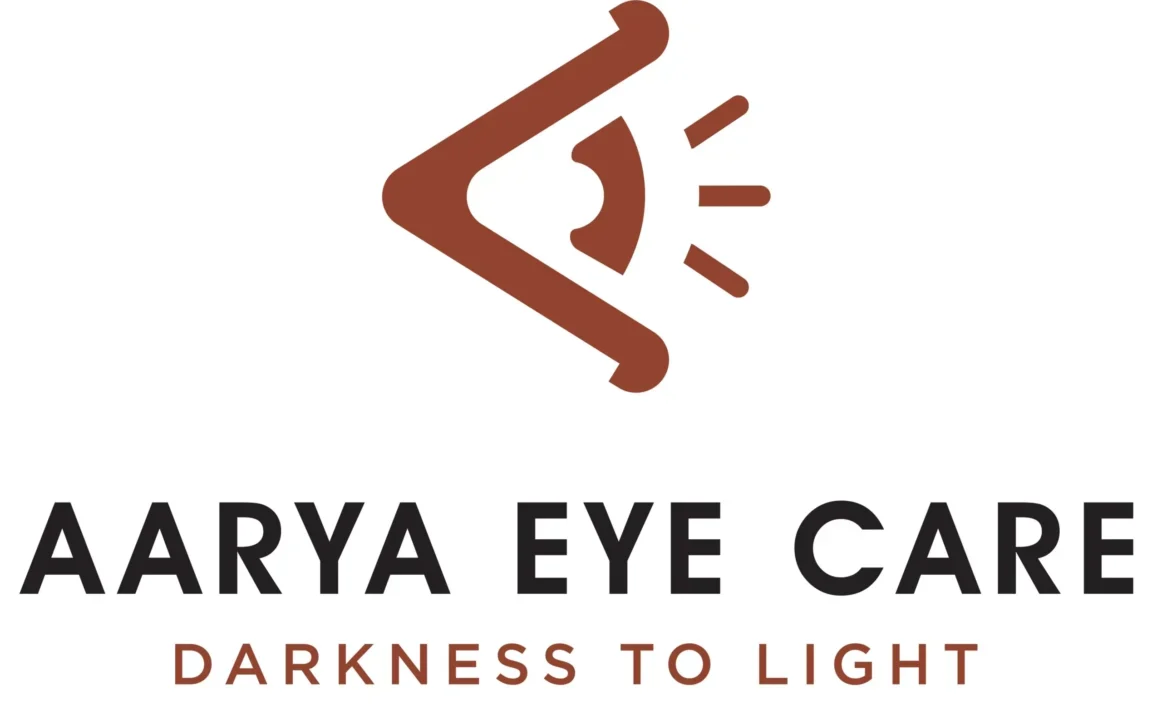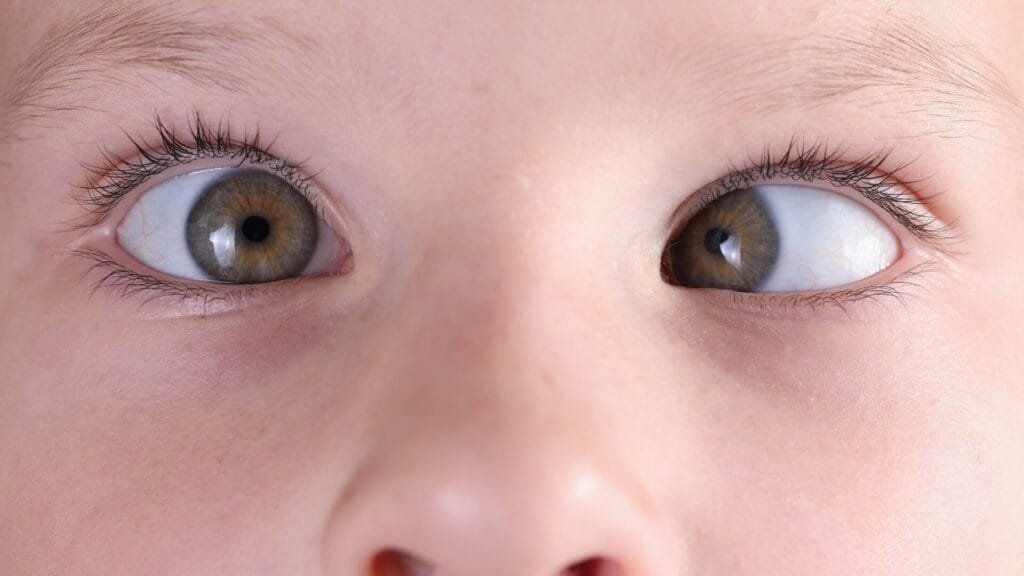What Is Macular Degeneration? Early Signs and Modern Therapies
Macular degeneration is a vision disease usually affecting the retina centre known as the macula, which renders clear and vivid eye vision. It is an extremely important part of the eye and plays a significant role in reading, recognizing faces, driving, and any other task involving fineness. Macular degeneration is one of the key causal factors of vision impairment among persons over the age of 50. Preventive diagnosis and awareness regarding treatment options could be helpful to save vision and maintain normal quality of life.
In Aarya Eye Care, patients are advised on early onset, specialised therapy, and lifestyle management in order to control this eye condition.
What is Macular Degeneration?
The retina interprets light and sends a signal to the brain, which interprets it as vision. A small area in the middle of the retina, the macula, is involved in the fine central vision.
As macular degeneration progresses, the central vision will deteriorate but the peripheral vision will typically remain. This can make routine activities challenging:
- Reading fine print becomes difficult.
- Driving, especially in low light, is harder.
- Recognizing faces may become a struggle.
- Detailed tasks such as sewing or using digital devices are affected.
Understanding how macular degeneration affects vision allows patients to take early action and access macular degeneration treatment when needed.
Types of Macular Degeneration
There are two main types of Age-Related Macular Degeneration (AMD), each with its own characteristics:
Dry AMD (Atrophic):
Most common, accounting for the majority of cases
Caused by gradual thinning of the macula and build-up of yellow deposits called drusen
Progresses slowly, often without obvious symptoms in the early stages
Wet AMD (Neovascular):
Wet AMD is a less common condition, but it is more severe. In neovascular, abnormal blood vessels grow beneath the retina, leaking fluid or blood. It can cause rapid central vision loss if not treated promptly.
Stages of AMD:
- Early: Small drusen deposits, minimal vision changes
- Intermediate: Larger drusen, mild vision impairment
- Late: Significant central vision loss, severe impact on daily life
Knowing the type and stage of AMD helps specialists at Aarya Eye Care design a treatment plan that addresses each patient’s needs.
Early Signs and Symptoms
Early detection is the key because AMD symptoms may be subtle at first. Therefore, it is important to watch for:
- Blurred central vision
- Straight lines appearing wavy (metamorphopsia)
- Difficulty in recognizing faces
- Dark or empty spots in the center of vision
- Heightened sensitivity to bright light
- Trouble adjusting in dim lighting
- Needing brighter light for reading or close work
The Amsler grid test can help spot early distortions at home. Regular eye exams, especially after age 40–50, are essential for early intervention.
Risk Factors for Macular Degeneration
A number of factors can enhance the risk factors and development of AMD;
- Age: There is an increase in risk that occurs after the age of 50.
- Lifestyle: Provokes the highest risk of smoking.
- Medical History: Cardiovascular Disease, High Blood Pressure, High Cholesterol, Obesity.
- Gender: A little more risk among the women.
Understanding these risk factors that would enable patients to take precautionary steps and visit the best eye care hospital in Thrissur such as Aarya eye care.
Modern Therapies for Macular Degeneration
Although AMD cannot be fully cured, modern treatments help slow its progression
Anti-VEGF Injections:
Block abnormal blood vessel growth in wet AMD
Common drugs include ranibizumab, aflibercept, and bevacizumab
Administered regularly under medical supervision
Photodynamic Therapy (PDT):
Combines a light-sensitive drug with a laser to seal abnormal vessels
Protects surrounding healthy retinal tissue
Laser Photocoagulation:
Focused laser treatment to stop leaking vessels
Less commonly used now due to risk of retinal damage
Nutritional Supplements (AREDS/AREDS2):
Vitamins C, E, Zinc, Copper, Lutein, and Zeaxanthin help slow progression in intermediate or advanced dry AMD
Low Vision Aids:
Magnifiers, telescopic lenses, and electronic aids help patients make the most of their remaining vision
Emerging Therapies:
Gene therapy, stem cell treatments, retinal implants, and advanced drug-delivery methods are being researched for future care
Lifestyle Tips to Protect Vision
Intake of fish, vitamin C, carotenoids, luteal follicles, vitamin K can reduce the risk of AMD and delay its development:
- Have a healthy diet including avocadoes, fish, fruitful greens, and berries.
- Manage blood pressure and cholesterol level.
- Have eye check clinic visits regularly, especially above 40- 50.
Such steps in the field of lifestyles complement the medical interventions and assist in keeping the eyes healthy over time.
Frequently Asked Questions (FAQs)
Is macular degeneration reversible?
No, but progression can be slowed with timely treatment and healthy lifestyle choices.
Can lifestyle changes help?
Yes, quitting smoking, eating well, and exercising can reduce risk significantly.
Who should take AREDS2 supplements?
Patients with intermediate or advanced AMD, as advised by a doctor.
Can glasses correct AMD vision loss?
Regular glasses cannot restore central vision, but low-vision aids can improve functionality.
Difference between dry and wet AMD?
Dry AMD progresses slowly with drusen accumulation; wet AMD progresses rapidly due to abnormal blood vessel growth.
Can AMD cause total blindness?
No, peripheral vision usually remains, though central vision loss can be disabling.
Conclusion
The first step toward safeguarding eyesight is knowing what macular degeneration is. Early diagnosis and treatments such as anti-VEGF injections, nutritional supplements and low-Vision aids can considerably slow progression and maintain activity in the everyday.
A healthy lifestyle, eye care mechanisms against UV management, and seeking of professionals at the best eye care hospital in Thrissur, Kerala like Aarya Eye Care, will be sufficient towards all undertakings in this regard. People who observe any vision changes should consult a professional as soon as possible.
Contact Aarya Eye Care to have an eye check-up or to enquire about macular degeneration treatments. The best method to protect sight is by taking proactive measures.








